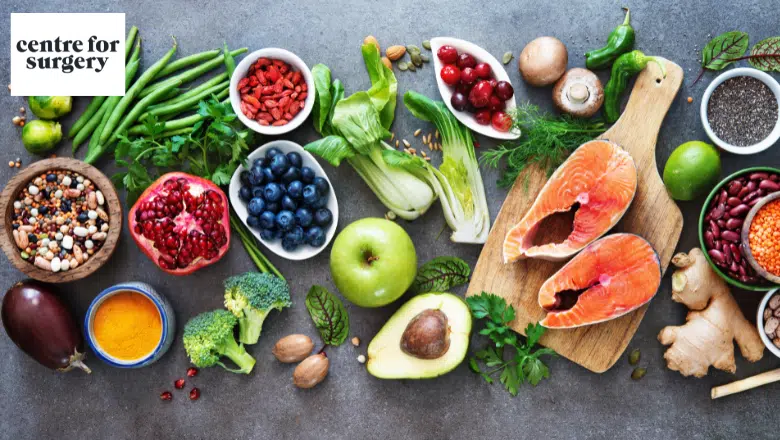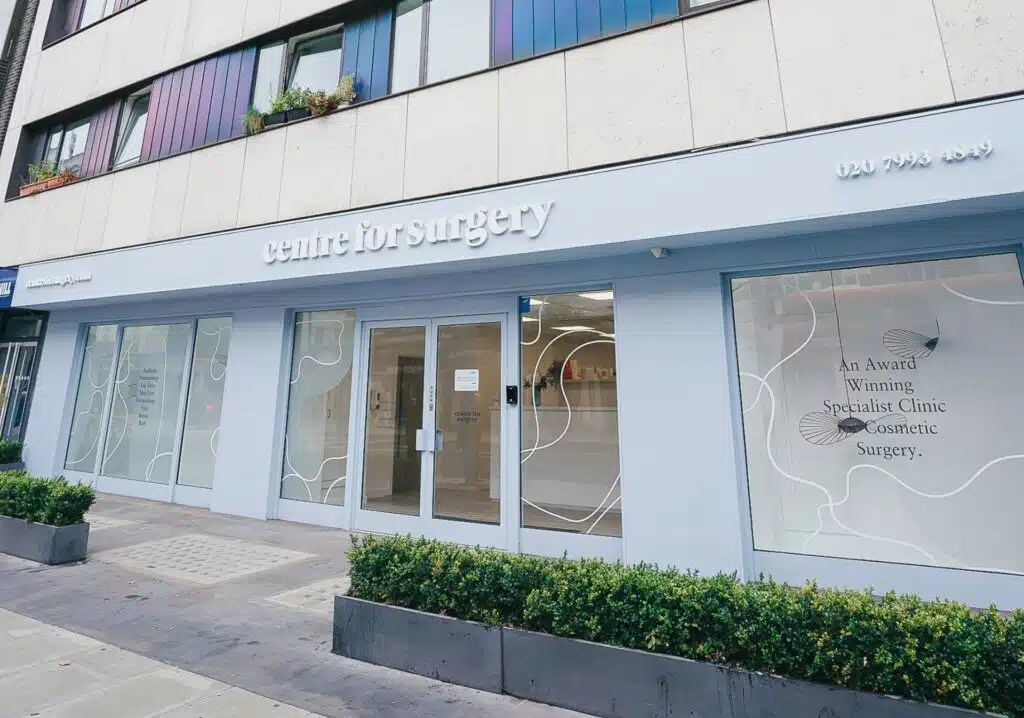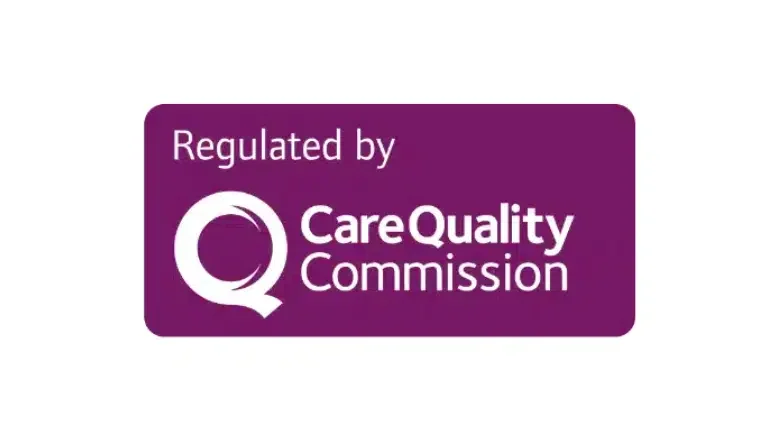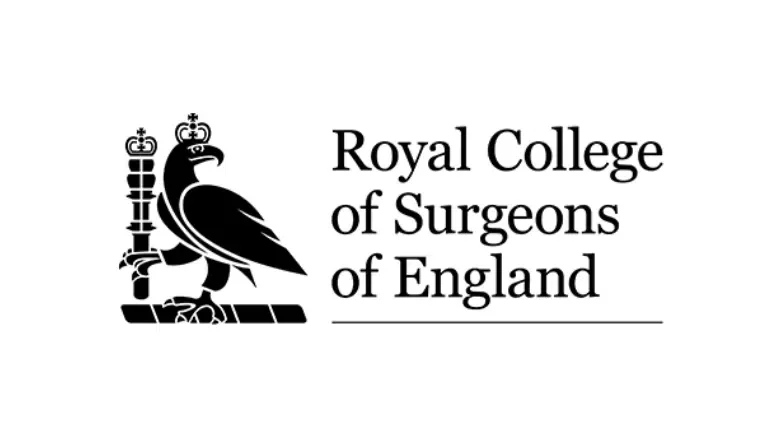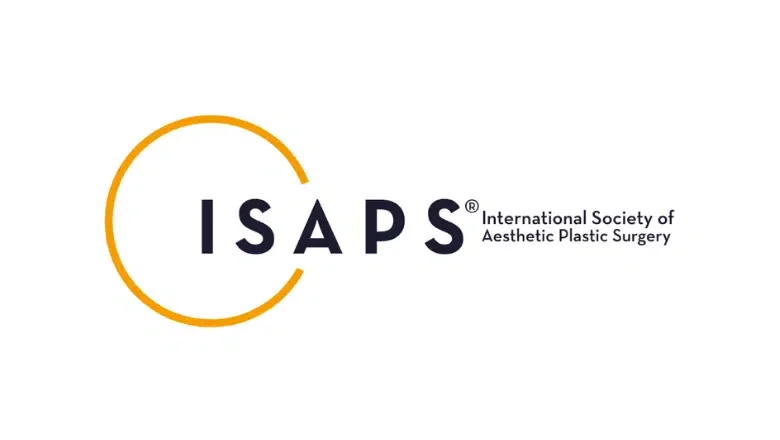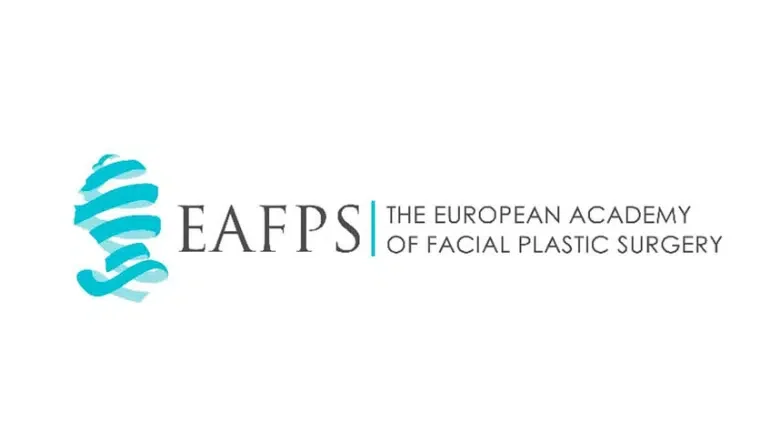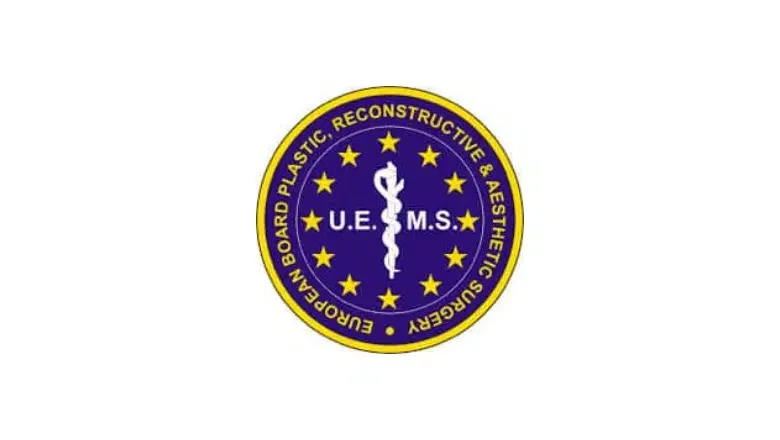When contemplating a tummy tuck procedure at Centre for Surgery, you may be curious about whether you should make any dietary adjustments following surgery to improve your recovery. It’s common for patients to inquire about the influence of diet on the healing process, and the straightforward response is that there isn’t a need for a specially adapted diet. Instead, a well-balanced diet based on healthy eating habits is advised. Centre for Surgery not only focuses on providing exceptional care and results through its experienced and skilled surgeons, but also emphasises the importance of maintaining a healthy lifestyle during the recovery period. In this article, we will explore specific food options that can aid in the recovery process after your tummy tuck surgery at Centre for Surgery.
How can poor nutrition affect tummy tuck results?
Poor nutrition can significantly impact the results of your tummy tuck surgery, affecting both the recovery process and long-term outcomes. Maintaining a well-balanced and healthy diet is essential to ensure optimal healing, minimise the risk of complications, and achieve the desired results. Here are several ways that poor nutrition can negatively affect your tummy tuck results:
Impaired Healing
A diet lacking essential nutrients, such as protein, vitamins, and minerals, can hinder your body’s ability to heal properly. Protein is crucial for tissue repair and regeneration, while vitamins and minerals support various bodily functions necessary for healing. Inadequate nutrition can lead to slower recovery, increased scarring, and a higher risk of complications such as infections or wound separation.
Increased Inflammation
Consuming a diet high in processed foods, sugar, and unhealthy fats can contribute to increased inflammation in the body. Inflammation can prolong the healing process, exacerbate postoperative swelling, and potentially lead to other complications. Reducing inflammation through a healthy diet rich in antioxidants, healthy fats, and anti-inflammatory foods is essential for a smoother recovery.
Weakened Immune System
A nutrient-deficient diet can weaken your immune system, making it more difficult for your body to fight off infections during the recovery process. This increased susceptibility to infections can negatively impact the overall results of your tummy tuck surgery and may require additional medical intervention.
Poor Skin Elasticity
Vitamins A, C, and E are essential for maintaining skin health and elasticity. A diet lacking these nutrients can lead to poor skin elasticity, which is crucial for the success of a tummy tuck. If the skin is not elastic enough, it may not tighten or adhere to the underlying tissue as effectively, affecting the long-term results of the surgery.
Weight Fluctuations
Poor nutrition can lead to significant weight fluctuations both before and after your tummy tuck procedure. Rapid weight gain or loss can alter the appearance of your surgical results, potentially causing the skin to stretch or sag again. This could necessitate additional surgery to correct any issues arising from these fluctuations.
Compromised Overall Health
In addition to directly affecting your tummy tuck results, poor nutrition can compromise your overall health. Poor health can make it more challenging for your body to handle the physical stress of surgery and recovery, potentially leading to a longer and more difficult recovery period. Maintaining good health through proper nutrition helps ensure that your body is in the best possible condition to heal and recover efficiently.
Guidelines for Optimal Nutrition
To support your tummy tuck recovery and achieve the best possible results, consider the following nutritional guidelines:
- Protein: Ensure adequate protein intake to support tissue repair and muscle recovery.
- Vitamins and Minerals: Consume a variety of fruits and vegetables to obtain essential vitamins and minerals, particularly vitamins A, C, and E, which are important for skin health.
- Healthy Fats: Include sources of healthy fats, such as avocados, nuts, and olive oil, to reduce inflammation and support overall health.
- Hydration: Stay well-hydrated by drinking plenty of water, which helps reduce swelling and supports bodily functions.
- Balanced Diet: Focus on a balanced diet that includes whole grains, lean proteins, and a wide range of fruits and vegetables.
Recommended foods to eat after a tummy tuck
Following a nutritious, well-rounded diet after your tummy tuck procedure is crucial to support your body’s healing process, reduce the risk of complications, and enhance the overall outcome of the surgery. Here are some recommended food options that can be particularly beneficial during your recovery:
Protein-Rich Foods
Protein is essential for tissue repair and muscle regeneration, which are vital during the recovery period. Incorporate lean protein sources such as poultry, fish, tofu, beans, and low-fat dairy products into your meals. These proteins will provide the building blocks your body needs to heal effectively and maintain muscle mass.
Fruits and Vegetables
Eating a variety of fruits and vegetables ensures that you receive the essential vitamins and minerals necessary for optimal recovery. Focus on antioxidant-rich fruits like berries and dark leafy greens, which can help reduce inflammation and support immune function. Vegetables such as carrots, bell peppers, and broccoli are also excellent choices due to their high vitamin content.
Whole Grains
Whole grains such as brown rice, quinoa, and whole-wheat bread provide essential fibre, which can improve digestion and help prevent constipation—a common issue after surgery. Additionally, whole grains are a good source of sustained energy, which is important for overall recovery and maintaining your strength.
Healthy Fats
Healthy fats play a significant role in promoting wound healing, reducing inflammation, and supporting overall health. Include sources of healthy fats in your diet, such as avocados, nuts, seeds, and olive oil. These fats can also help your body absorb fat-soluble vitamins, further supporting your recovery.
Hydration
Staying well-hydrated is crucial for a smooth recovery. Aim to drink at least 8-10 glasses of water daily. Proper hydration helps to reduce swelling, flush out toxins, and support overall bodily functions. Avoid excessive consumption of caffeine and alcohol, as they can be dehydrating and may interfere with the healing process.
Supplements
While obtaining nutrients from whole foods is preferable, you might consider taking supplements to further support your healing process. Supplements such as vitamin C, zinc, or a multivitamin can be beneficial. Vitamin C helps with collagen production and skin healing, while zinc supports immune function and tissue repair. Always consult with your surgeon before adding any supplements to your regimen to ensure they are appropriate for your individual needs.
Sample Meal Plan for Recovery
Here is a sample meal plan to help guide your post-tummy tuck nutrition:
Breakfast:
- Scrambled eggs with spinach and tomatoes
- A slice of whole-wheat toast
- Fresh orange juice or a glass of water
Mid-Morning Snack:
- Greek yoghurt with a handful of mixed berries
Lunch:
- Grilled chicken breast
- Quinoa salad with mixed vegetables and avocado
- A glass of water
Afternoon Snack:
- A small handful of nuts (almonds or walnuts)
- An apple
Dinner:
- Baked salmon with a side of steamed broccoli and brown rice
- Mixed green salad with olive oil dressing
- A glass of water
Evening Snack:
- A small serving of cottage cheese with sliced peaches or a pear
Alcohol after tummy tuck
Consuming alcohol after a tummy tuck surgery is generally not recommended, particularly during the initial stages of recovery. Alcohol can interfere with the healing process, increase the risk of complications, and interact negatively with medications prescribed by your surgeon. Here are some key reasons why you should avoid alcohol consumption during the recovery period:
Interference with Healing
Alcohol can impair your body’s natural healing processes by dilating blood vessels, which can result in increased swelling and inflammation. This dilation can exacerbate the postoperative swelling, making the recovery process more uncomfortable and prolonged. Additionally, alcohol can weaken your immune system, making it more difficult for your body to fight off infections, further prolonging the healing process.
Increased Bleeding Risk
Alcohol can act as a blood thinner, increasing the risk of bleeding and bruising at the surgical site. This not only delays healing but also potentially leads to complications such as haematomas (collections of blood outside of blood vessels) and seromas (pockets of clear fluid). Both of these conditions can require additional medical intervention and prolong the recovery period.
Dehydration
As a diuretic, alcohol increases the production of urine, leading to dehydration. Proper hydration is essential for optimal recovery, as it helps maintain bodily functions and reduce postoperative swelling. Dehydration can exacerbate swelling and discomfort, making the recovery process more challenging.
Medication Interactions
Consuming alcohol while taking prescribed medications, such as pain relievers and antibiotics, can be harmful. Alcohol can interact with these medications, increasing the risk of adverse side effects or reducing their effectiveness. This interaction can complicate your recovery and increase the likelihood of complications.
Impact on Judgment and Mobility
Alcohol can impair your judgment, balance, and coordination. This impairment can make it more difficult to follow postoperative care instructions, such as wearing a compression garment and avoiding strenuous activities. Additionally, alcohol-induced lack of coordination increases the risk of falls and other accidents, which can jeopardise your surgical results and prolong the recovery period.
Guidelines for Alcohol Consumption Post-Surgery
Consult Your Surgeon
It is essential to discuss alcohol consumption with your surgeon, who will provide specific guidance on when it is safe to resume drinking alcohol after your tummy tuck surgery. Generally, it is advised to abstain from alcohol for at least two to three weeks following surgery or until your surgeon gives you the green light. This timeline may vary depending on your individual circumstances, overall health, and the complexity of the procedure.
Gradual and Moderate Resumption
Once your surgeon has cleared you, it is crucial to resume alcohol consumption gradually and in moderation. Maintaining a healthy lifestyle, including responsible alcohol consumption, is an essential part of achieving and maintaining the best possible results from your tummy tuck surgery.
RELATED: Can tummy tucks lead to long-term weight loss?
About Centre for Surgery
At Centre for Surgery, we are dedicated to providing world-class plastic and cosmetic surgery services in the heart of London. Our clinic, located on Baker Street, is renowned for its commitment to patient care, advanced surgical techniques, and outstanding results. We understand that choosing to undergo surgery is a significant decision, and our team is here to support you every step of the way.
Our Mission
Our mission is to deliver exceptional cosmetic and plastic surgery services tailored to meet the unique needs and desires of each patient. We strive to enhance our patients’ confidence and quality of life through safe, effective, and innovative surgical procedures.
Our Expertise
Our team of highly skilled and experienced surgeons specialises in a wide range of procedures, including:
- Breast Surgery: Augmentation, reduction, lift, and reconstruction.
- Body Contouring: Tummy tuck, liposuction, body lift, and Brazilian butt lift.
- Facial Surgery: Facelift, rhinoplasty, eyelid surgery, and otoplasty.
- Non-Surgical Treatments: Dermal fillers, Laser, and skin rejuvenation treatments.
We utilise the latest technology and techniques to ensure the best possible outcomes for our patients. Our state-of-the-art facilities are designed to provide a comfortable and private environment for consultations and treatments.
Patient-Centred Care
At Centre for Surgery, patient safety and satisfaction are our top priorities. We believe in a personalised approach, where each treatment plan is customised to address the specific goals and concerns of the individual. From the initial consultation through to post-operative care, our team is dedicated to ensuring a smooth and positive experience.
Why Choose Us?
- Experienced Surgeons: Our surgeons are leaders in their fields with extensive training and a wealth of experience.
- Advanced Techniques: We employ the latest surgical methods and technology to deliver superior results.
- Comprehensive Care: We provide detailed pre- and post-operative care to ensure your safety and satisfaction.
- Patient Support: Our friendly and knowledgeable staff are here to support you throughout your journey.
Schedule a Consultation
If you are considering a cosmetic or plastic surgery procedure, we invite you to schedule a consultation with one of our expert surgeons. During your consultation, we will discuss your goals, assess your suitability for the procedure, and develop a personalised treatment plan tailored to your needs.
How to Schedule:
- Online Booking: Visit our contact page to book your consultation online.
- Phone: Call us at 0207 993 4849 to speak with our staff and schedule an appointment.
- Email: Send us an email at contact@centreforsurgery.com with your contact details and preferred appointment time.
Clinic Address: Centre for Surgery
95-97 Baker Street,
London, W1U 6RN
We look forward to helping you achieve your aesthetic goals and providing you with the highest standard of care. Contact us today to take the first step towards enhancing your natural beauty and confidence.
